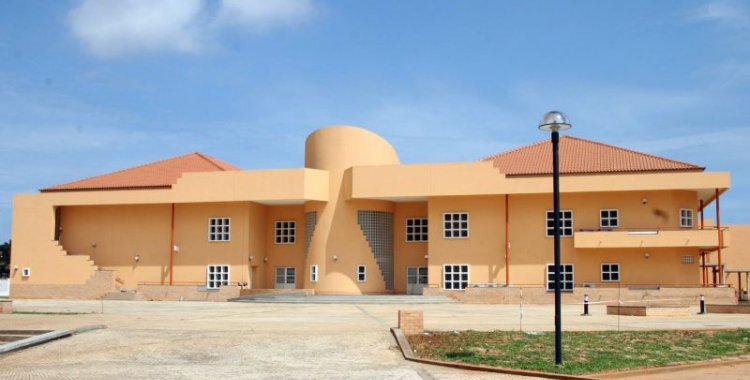According to Horacio Pina, this figure has "been regularized at a slow pace" and almost doubled the previous school year's figure of 120 million kwanzas.
The president of CPEA, the entity that manages the educational establishment, hopes that this amount will be regularized before the registrations are renewed and added that part of this value is being charged through litigation.
Faced with criticism from a group of parents who complain about the increase in fees, he said that the monthly amount of 93,500 kwanzas, approved for the 207/2018 school year and which some parents want to continue paying, "does not even cover 50 per cent of the school's salary bill" and stressed that the parents' demands "must be more consistent", as the school would not survive four months with this revenue.
Horácio Pina pointed out that the school pays its teachers salaries indexed to the euro and receives the fees in kwanzas, pointing out that the Angolan currency has been subject to strong depreciation.
The president of the EAPC recognizes, however, the difficulty in increasing the value of fees, although this is one of the cheapest among consular schools and private schools in Luanda.
With the end of the school year on June 26, EPL is preparing the renewal of enrollments, which will take place in the first half of July, without having yet established a monthly fee.
"We have been looking for a solution, the proposal [presented to the tutelage] goes in the direction of creating a balance, I would like to maintain the value of the tuition fee," said the responsible, adding that in that case it would be necessary to increase the contribution of the State.
The income of the school, which currently has a teaching staff of 134 teachers and around two thousand students, from pre-school to 12th grade, is complemented by a Portuguese state subsidy of 776,000 euros that "covers less than 10 percent of expenses," Horácio Pina said.
The president of the cooperative said the proposal presented to the Ministry of Education gave much thought to social issues, as well as the current debt with the school "which is enormous", but admitted that "there's not much chance of an increase".
The difficulties in managing budgetary constraints have also led to additional problems with the teaching staff, who have already suffered cuts in some subsidies, and are increasingly difficult to recruit, according to the head of the EAPC.
Horácio Pina also rejected the criticisms of a group of tutors, who are also members of the cooperative, regarding the non-compliance with the statutes, saying that these are surpassed by the diploma that creates the EPL (Decree-Law no. 183/2006)
It defines that it is up to the board of directors to propose the fee for the school year, weighing the financial situation of the school and the economic situation of the country, this amount being fixed by order of the Ministry of Education, he explained.
Horácio Pina also considered that the situations in which the fees were discussed in an open way "did not go well, because people do not know the real needs of the institution" and stressed that the General Assembly, which a group of parents wants to be the entity responsible for approving the value of the fees, cannot be held responsible for management acts.
He also refuted accusations of lack of transparency, claiming that the accounts, approved and audited annually, are public.







